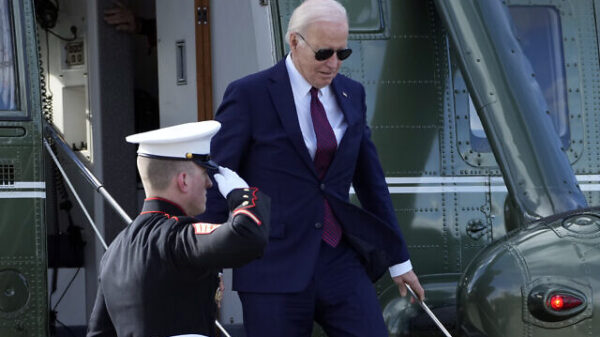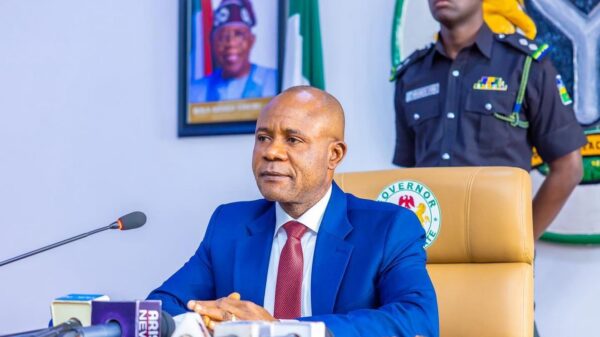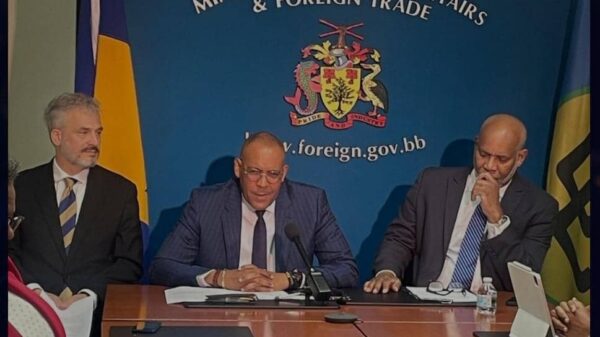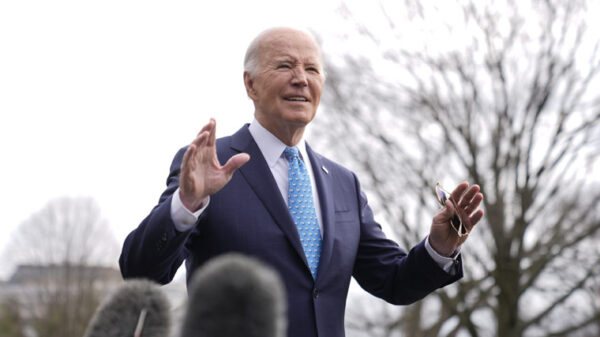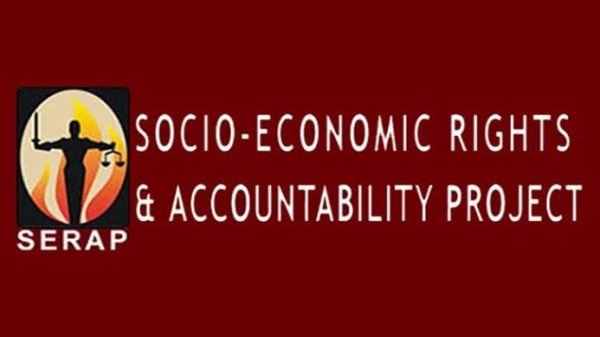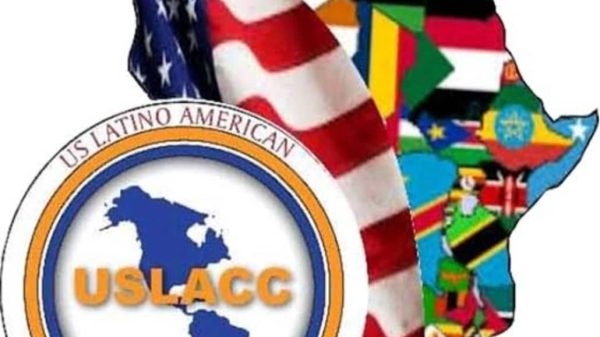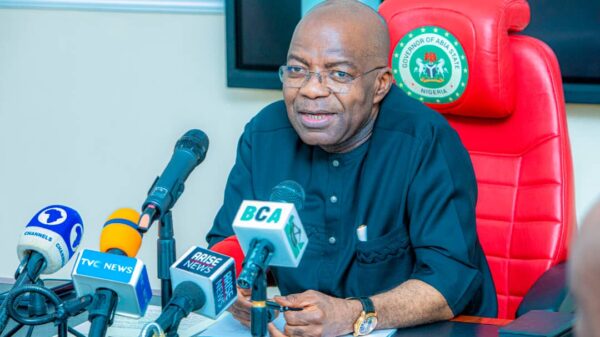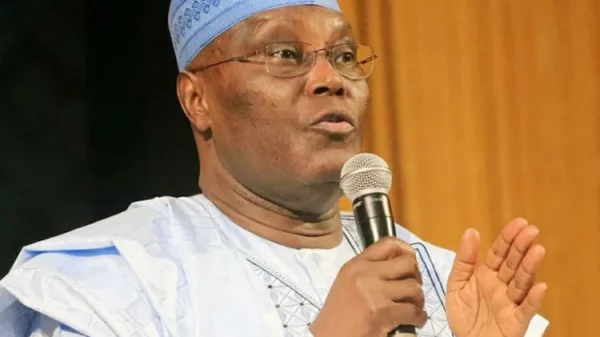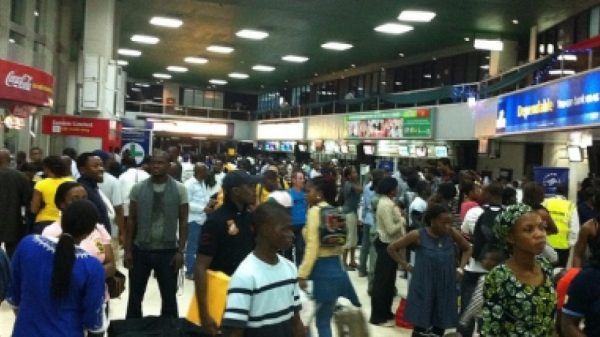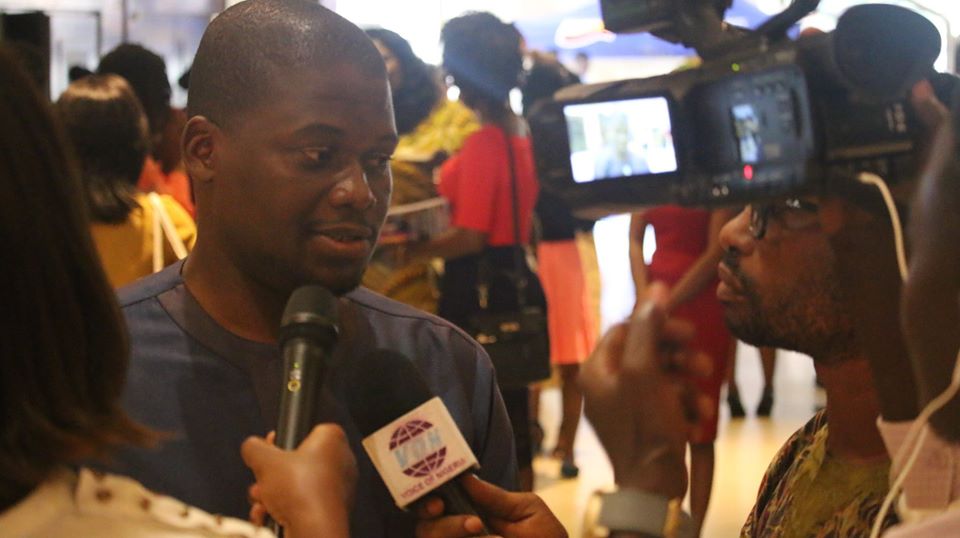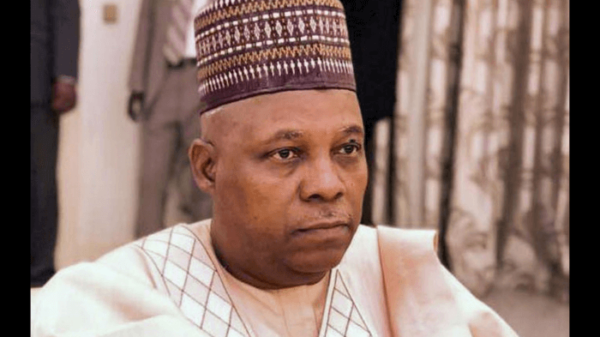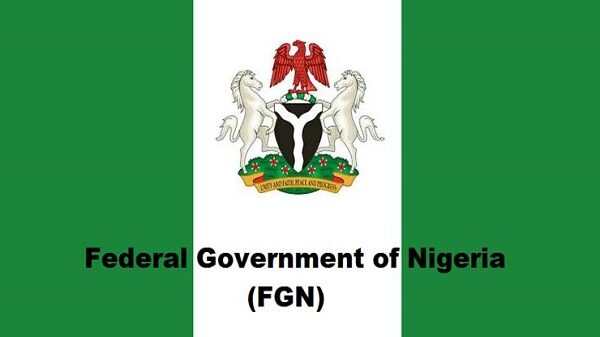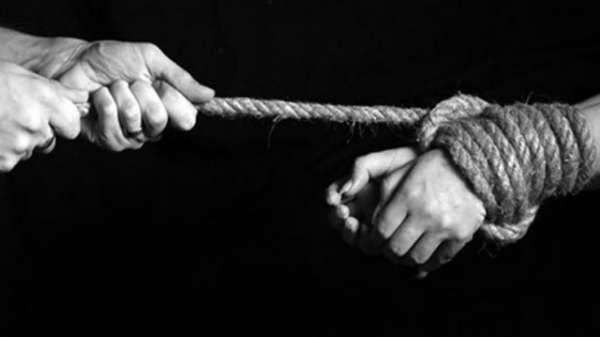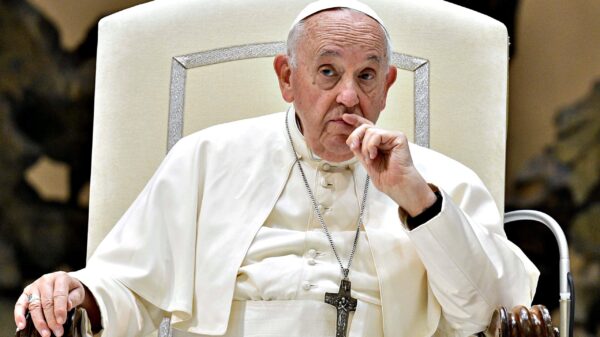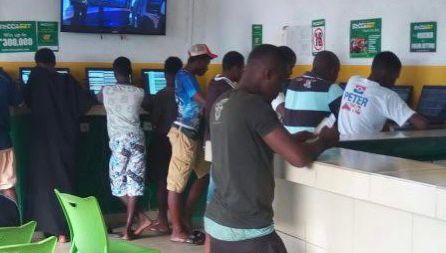By Grace Chigbu
At least 65 million Nigerians engage in betting, spending an average of $15 daily, totaling an estimated $975 million daily on online sports betting. In light of this staggering expenditure, the House of Representatives has taken a decisive stance to curtail sports betting activities across the nation.
The resolution to halt sports betting stemmed from a motion tabled by Rep. Kelechi Nwogu (PDP-Rivers) during the plenary session in Abuja on Thursday. Citing the adverse effects of unregulated sports betting, Mr. Nwogu emphasized the emergence of mental health issues such as depression, anxiety, and addiction. Additionally, he highlighted the strain on interpersonal relationships, financial instability, legal entanglements, and even job loss as consequences of excessive gambling.
“Betting has given rise to increased crime rate and eventual suicide,” remarked Mr. Nwogu, underscoring the gravity of the situation.
In response to the motion, the parliament called upon the National Lottery Regulatory Commission (NLRC) to enforce the Lottery Regulatory Commission Act of 2005, aiming to bolster regulatory measures in the gambling sector. Furthermore, it urged the Federal Ministry of Information and National Orientation to orchestrate a comprehensive nationwide campaign to elucidate the detrimental effects of youth engagement in sports betting.
To delve deeper into the issue, the Committee on Inter-Governmental Affairs was tasked with conducting a public hearing on the pernicious effects of sports betting in Nigeria. The committee is expected to furnish a report within four weeks, paving the way for further legislative action.
According to data from the National Lottery Trust Fund (NLTF), over 65 million Nigerians actively participate in betting activities, collectively splurging approximately $975 million daily on online sports betting, translating to an annual expenditure of about $356 billion.
The move by the House of Representatives underscores the government’s commitment to safeguarding the well-being of citizens amidst the burgeoning gambling culture in the country. By advocating for stricter regulations and launching awareness campaigns, policymakers aim to mitigate the adverse social and economic ramifications associated with unchecked sports betting.









